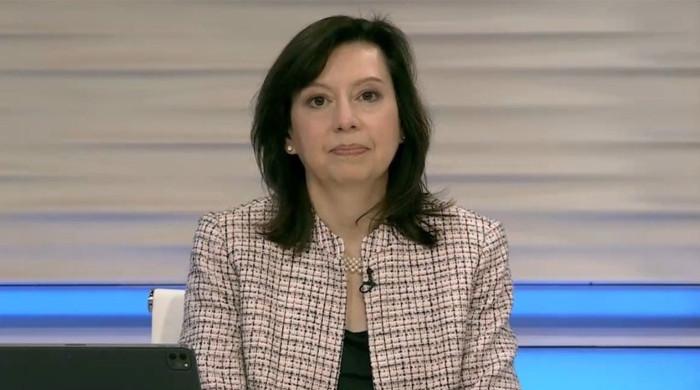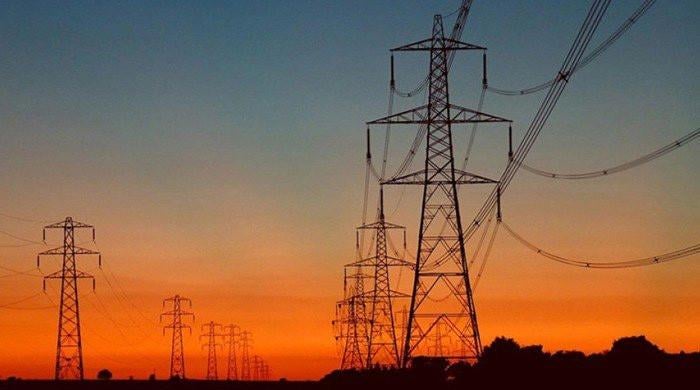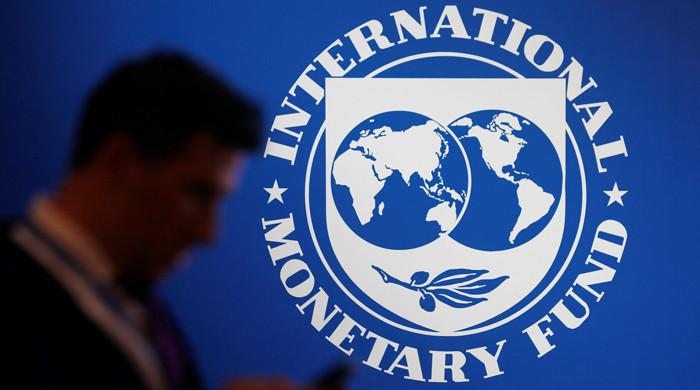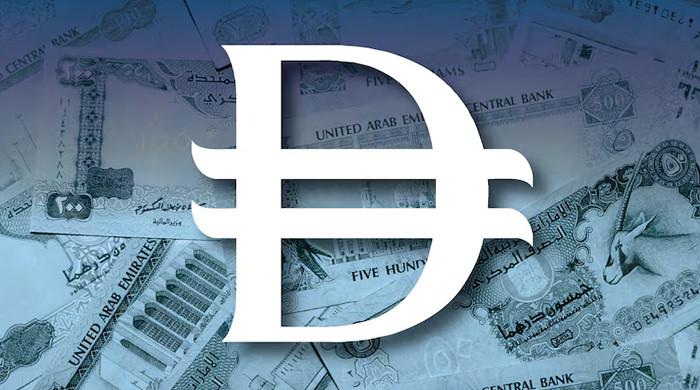Rs5.72 per unit increase in Nepra base tariff approved
Hike in basic tariff will have additional burden of about Rs600 billion on electricity consumers
July 04, 2024
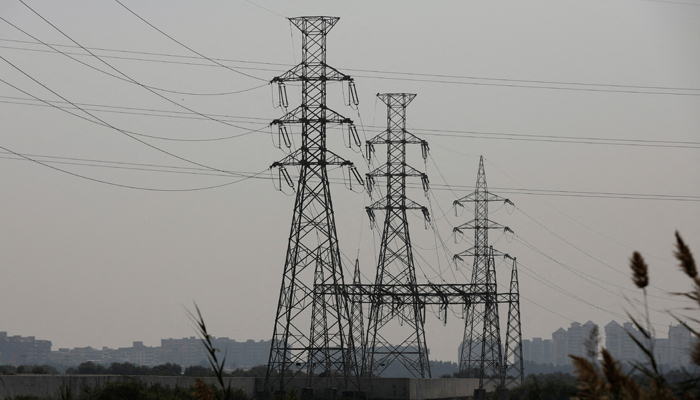
- Hike to have additional burden of about Rs600bn on consumers.
- Government has to increase the basic electricity tariff by July 10.
- Decision taken to unlock IMF loan programme, say sources.
ISLAMABAD: The federal cabinet has taken another decision to implement a major condition of the International Monetary Fund (IMF) — to increase the tariff on electricity.
Sources told The News that the federal cabinet has approved an increase in the basic tariff of electricity and approval has been taken through circulation summary.
National Electric Power Regulatory Authority (Nepra) had sent the decision to the federal government to increase the basic tariff of electricity by an average of Rs5.72 per unit.
According to the government sources, the decision of the federal cabinet will be sent to Nepra for uniform tariff.
Following the approval of Nepra, the federal government will issue a notification to increase the basic tariff of electricity.
According to the sources, under the IMF conditions, the federal government will have to increase the basic electricity tariff by July 10.
As per the decision of Nepra, the increase in the basic tariff of electricity will have an additional burden of about Rs600 billion on the electricity consumers.
Nepra will increase the basic electricity tariff for the financial year 2024-25 and the approved increase will be implemented from July 1, 2024, the sources said.
Nepra has approved an increase in the average basic electricity tariff for the financial year 2024-25 from the current Rs29.78 to Rs.35.50 per unit.
In the last financial year ended on June 30, the federal government had increased the basic electricity tariff by Rs7.50 and in the financial year 2022-23 the basic electricity tariff had been increased by Rs7.91 per unit.
The federal government had increased the basic electricity tariff for the last financial year 2023-24 in lump sum while in the financial year 2022-23, the increase in the basic electricity tariff was done in 3 phases.
Pakistan is looking to clinch a staff-level agreement on an IMF bailout of more than $6 billion this month after addressing all of the lender's requirements in its annual budget, a state minister told Reuters.
The South Asian country has set challenging revenue targets in its annual budget to help it win approval from the IMF for a loan to stave off another economic meltdown, even as domestic anger rises at new taxation measures.
Pakistan has set a tax revenue target of Rs13 trillion for the fiscal year that began on July 1, a near-40% jump from the prior year, and a sharp drop in its fiscal deficit to 5.9% of gross domestic product from 7.4% the previous year.







